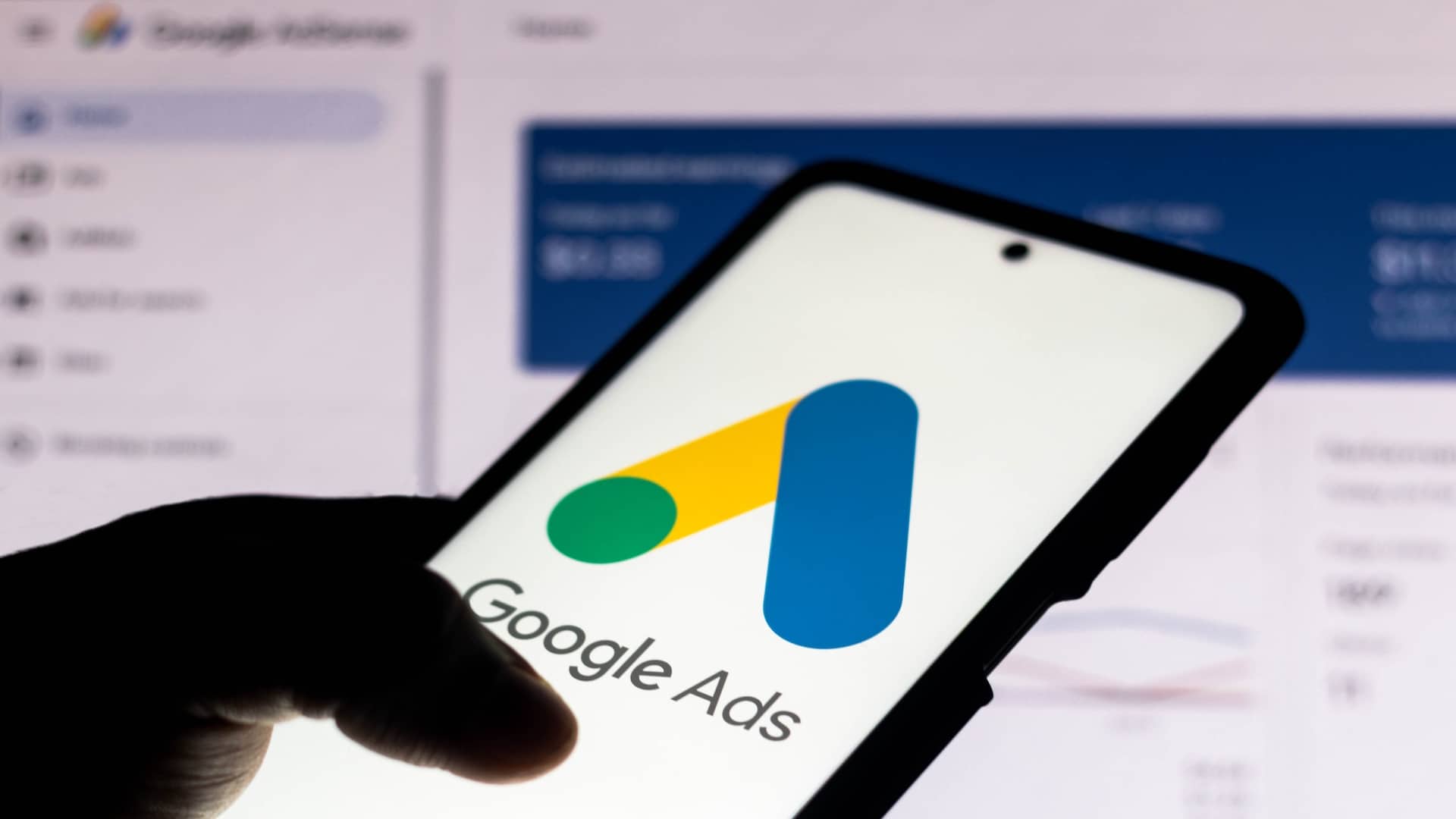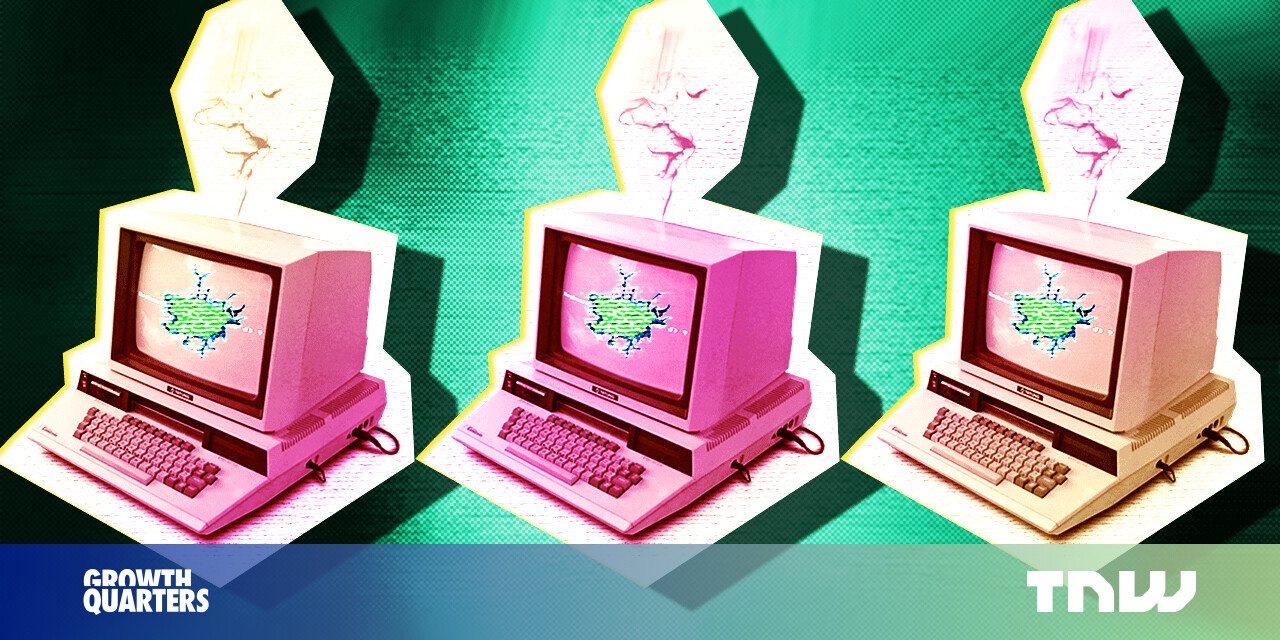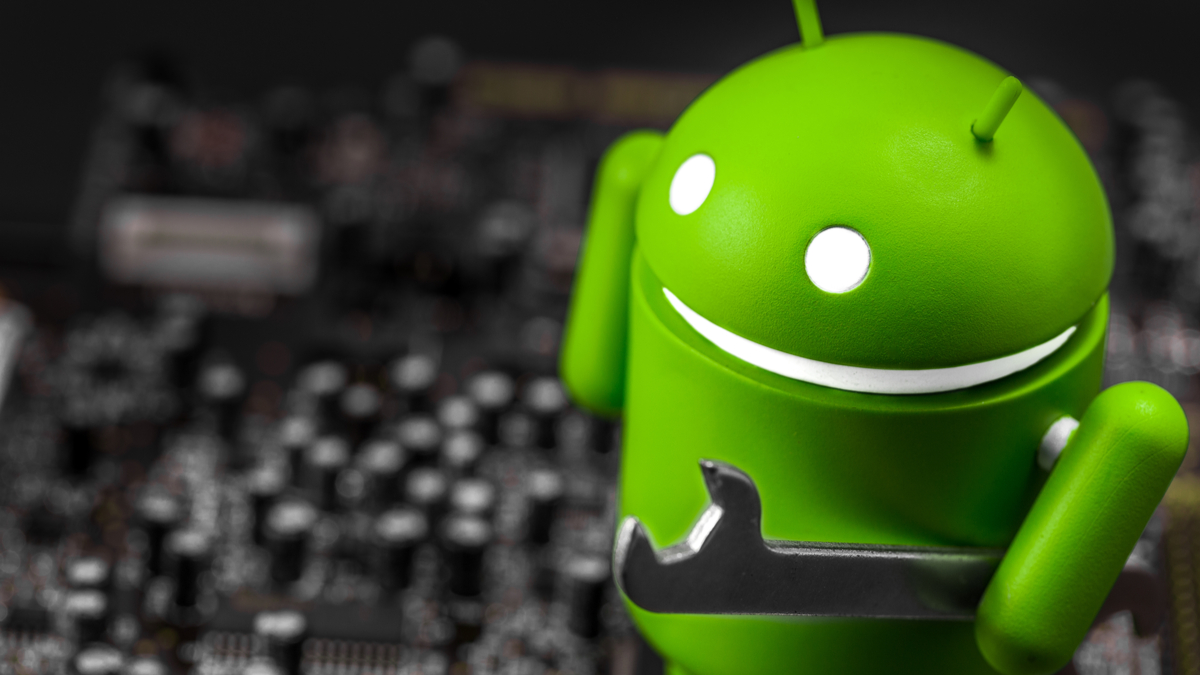#Breakthrough AI-Powered Device that can ‘Smell’ Diseases is disrupting the Healthcare Industry
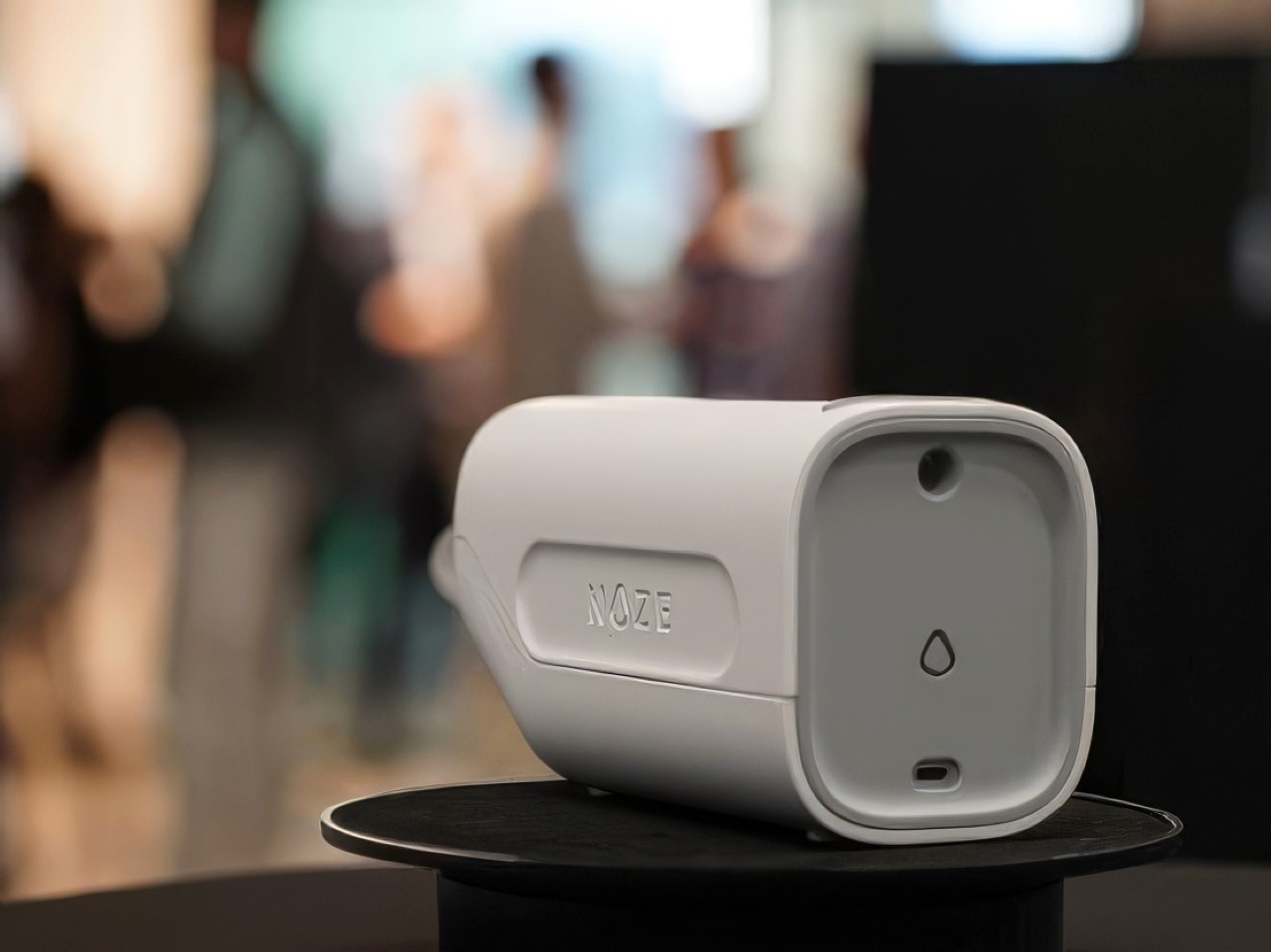

Humans breathe approximately 25,000 times a day, yet within each breath lies untapped health data that a Canada-based promising startup aims to decode with their innovative handheld device. Meet the DiagNoze, a portable diagnostic tool can ‘smell’ diseases simply by analyzing your breath. The device reads volatile organic compounds (VOCs) in exhaled air, identifying biomarkers for various conditions including tuberculosis (TB). By identifying these compounds with impressive accuracy, DiagNoze offers real-time, portable diagnostics that are accessible almost anywhere, addressing critical healthcare gaps in both developed and underserved regions. The device integrates next-generation machine intelligence with NASA-derived sensor technology, delivering quick and cost-effective health insights where traditional diagnostics fall short due to high costs and slow processing.
Designer: Noze
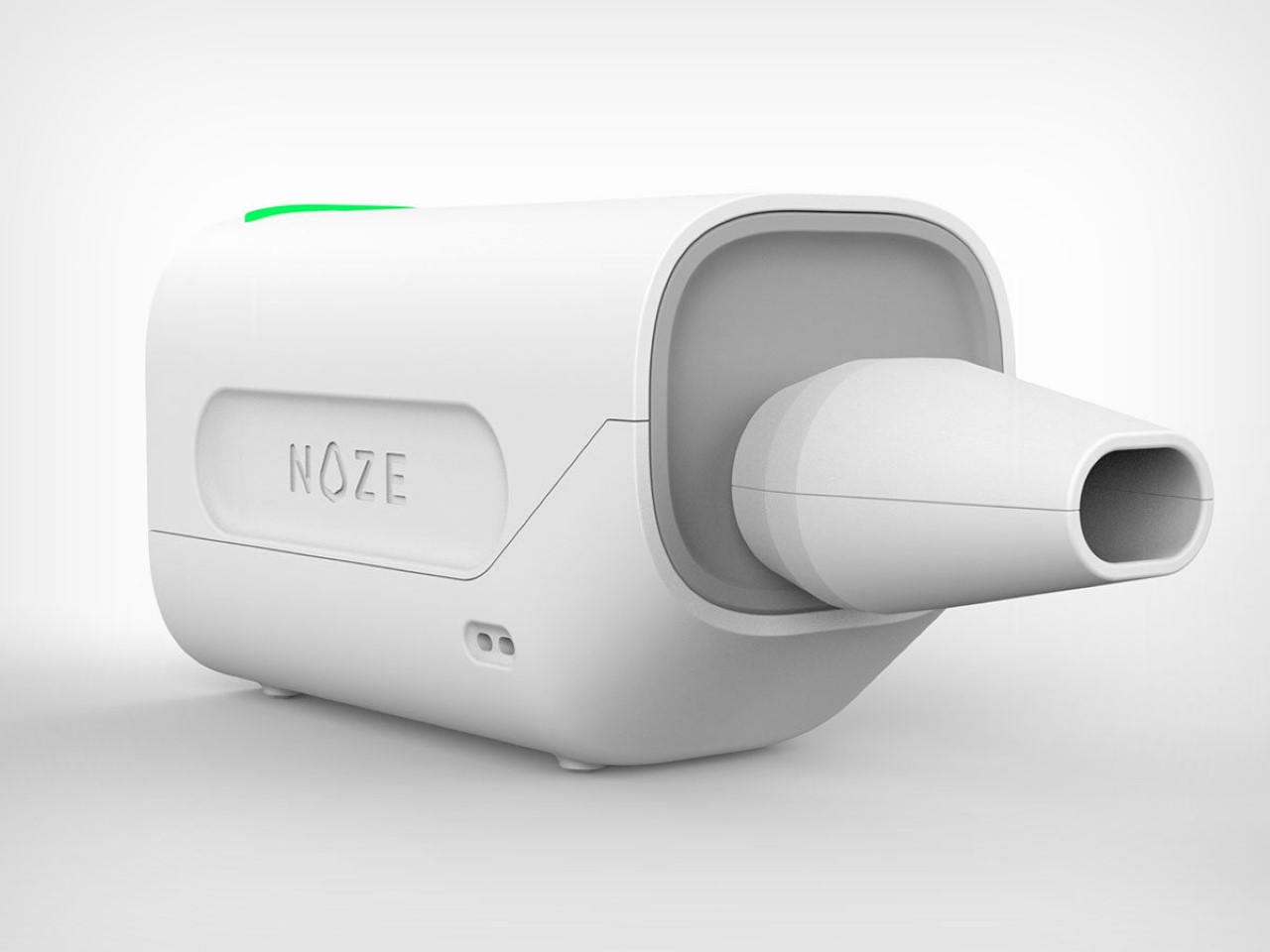

While the most common use of breathalyzers has been to detect alcohol levels, this device can identify diseases simply by scanning your breath.
DiagNoze’s compact design and ease of use make it a practical solution for healthcare settings with limited resources. In regions where access to timely testing is scarce, the device’s rapid diagnostics can lead to earlier interventions, improving patient outcomes and reducing the spread of diseases. The company’s mission received a significant boost through additional funding from the Bill & Melinda Gates Foundation, bringing their total grant to $1.8 million. This investment will support a clinical study aimed at using DiagNoze to detect TB in high-burden countries, directly contributing to global efforts to curb the spread of this deadly disease, which claims 1.3 million lives annually.
Looking ahead, Noze envisions DiagNoze becoming a staple in everyday healthcare, where real-time health monitoring is as routine as a checkup. The device’s ability to offer actionable insights from a simple breath could revolutionize diagnostics, moving us toward a proactive healthcare model focused on prevention and early detection… quite literally a breath of fresh air in the medical industry, if you ask me!
Sarang Sheth
If you liked the article, do not forget to share it with your friends. Follow us on Google News too, click on the star and choose us from your favorites.
If you want to read more like this article, you can visit our Technology category.
